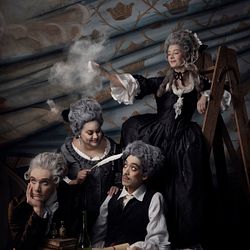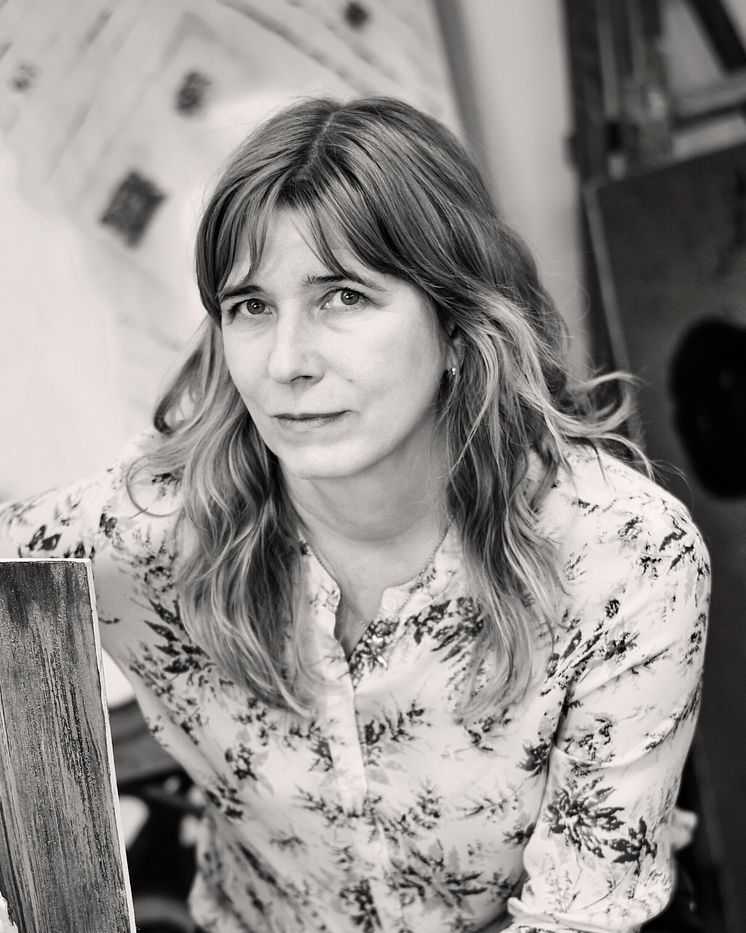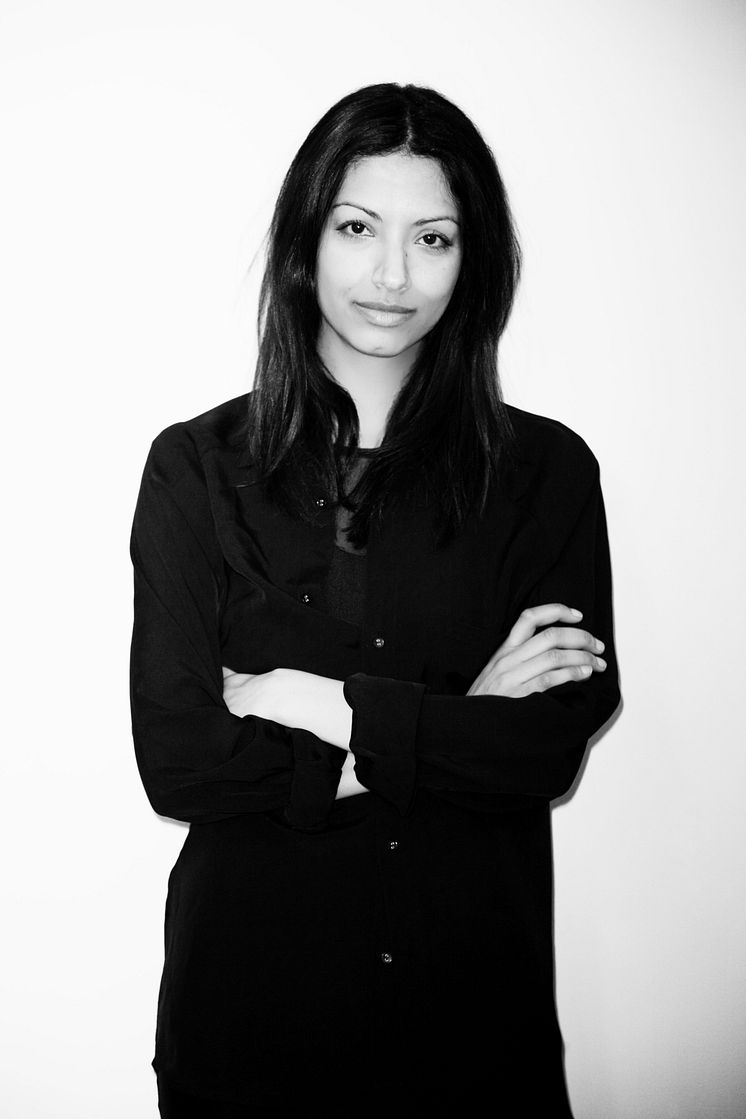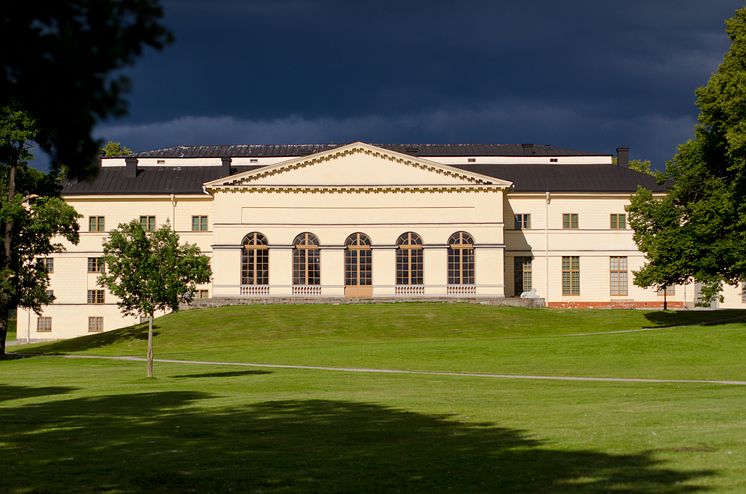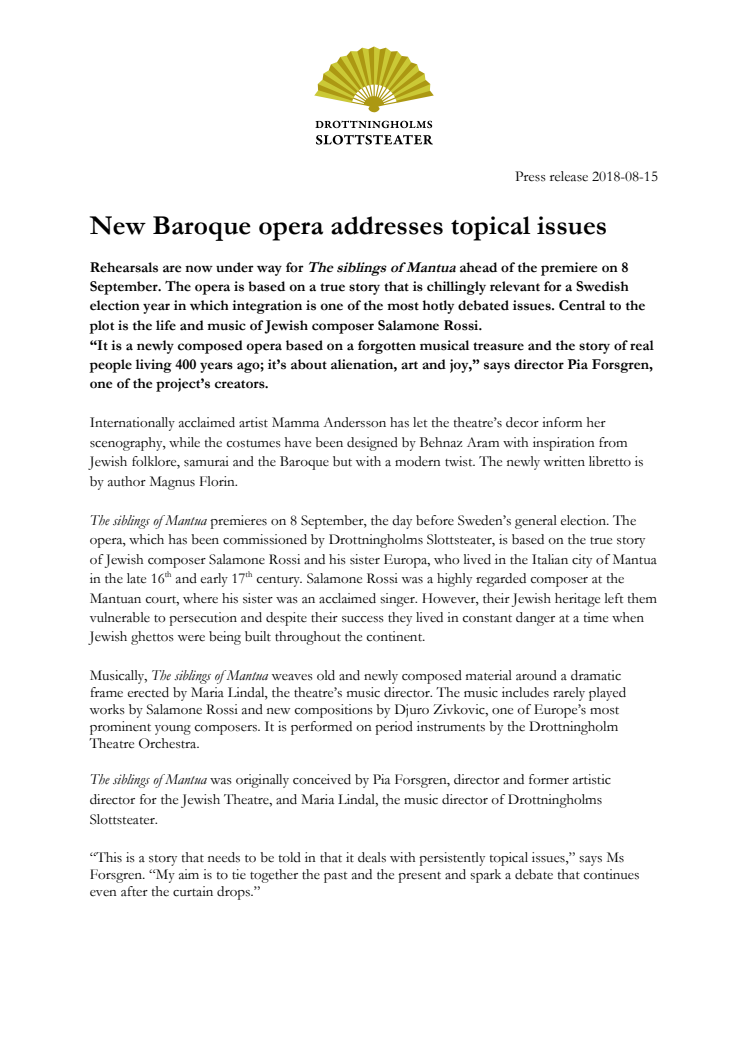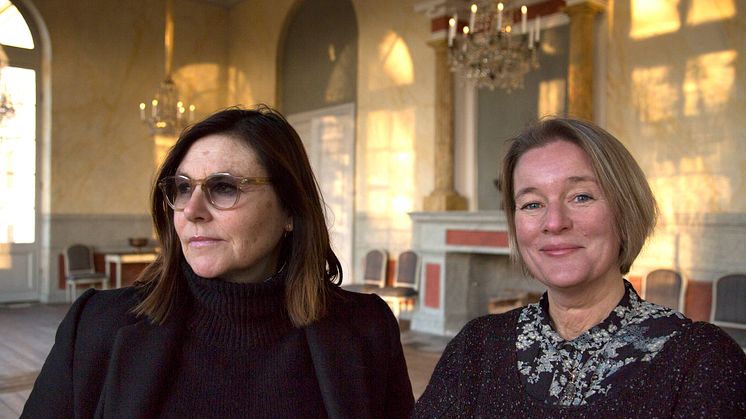
Pressmeddelande -
New Baroque opera addresses topical issues
Rehearsals are now under way for The siblings of Mantua ahead of the premiere on 8 September. The opera is based on a true story that is chillingly relevant for a Swedish election year in which integration is one of the most hotly debated issues. Central to the plot is the life and music of Jewish composer Salamone Rossi.
“It is a newly composed opera based on a forgotten musical treasure and the story of real people living 400 years ago; it’s about alienation, art and joy,” says director Pia Forsgren, one of the project’s creators.
Internationally acclaimed artist Mamma Andersson has let the theatre’s decor inform her scenography, while the costumes have been designed by Behnaz Aram with inspiration from Jewish folklore, samurai and the Baroque but with a modern twist. The newly written libretto is by author Magnus Florin.
The siblings of Mantua premieres on 8 September, the day before Sweden’s general election. The opera, which has been commissioned by Drottningholms Slottsteater, is based on the true story of Jewish composer Salamone Rossi and his sister Europa, who lived in the Italian city of Mantua in the late 16th and early 17th century. Salamone Rossi was a highly regarded composer at the Mantuan court, where his sister was an acclaimed singer. However, their Jewish heritage left them vulnerable to persecution and despite their success they lived in constant danger at a time when Jewish ghettos were being built throughout the continent.
Musically, The siblings of Mantua weaves old and newly composed material around a dramatic frame erected by Maria Lindal, the theatre’s music director. The music includes rarely played works by Salamone Rossi and new compositions by Djuro Zivkovic, one of Europe’s most prominent young composers. It is performed on period instruments by the Drottningholm Theatre Orchestra.
The siblings of Mantua was originally conceived by Pia Forsgren, director and former artistic director for the Jewish Theatre, and Maria Lindal, the music director of Drottningholms Slottsteater.
“This is a story that needs to be told in that it deals with persistently topical issues,” says Ms Forsgren. “My aim is to tie together the past and the present and spark a debate that continues even after the curtain drops.”
Drottningholms Slottsteater has remained intact since 1766 and is a UNESCO World Heritage site. With its hand-operated stage machinery still in use, there is no theatre like it anywhere in the world.
The siblings of Mantua
Premiere 8 September. Subsequent performances on 11, 13, 15, 17, 20, 22 September.
Idea and concept: Pia Forsgren and Maria Lindal
Libretto: Magnus Florin
Music: Salamone Rossi, Claudio Monteverdi, Francesca Caccini and traditional Sephardic
Newly composed music: Djuro Zivkovic
Newly composed music arranged by: Andreas Edlund
Director: Pia Forsgren
Music director: Maria Lindal
Set designs: Mamma Andersson
Costumes: Behnaz Aram
Lighting: Jenny André
Makeup and wigs: Sofia Ranow
Performers: Yaniv d’Or, Francesca Lombardi Mazzulli, Karim Sulayman, Markus Schwartz, Carl Unander-Scharin, choir, dancers, Drottningholm Theatre Orchestra.
In association with the Robert Weil Family Foundation and with the kind support of the Friends of Drottningholms Slottsteater through the Henrik Nordmark Foundation.
The siblings of Mantua has been awarded the 2018 “Mikael T Zielinski Prize”.
For further information or to arrange interviews, please contact: Elin West, press Drottningholms Slottsteater, 0733 50 26 25, elin.west@dtm.se
Kategorier
Drottningholms Slottsteater offers new productions of 17th and 18th century operas and attracts audiences from all over the world every summer. Find out more at www.dtm.se
If you no longer wish to receive press information from Drottningholms Slottsteater, please follow the link below.

